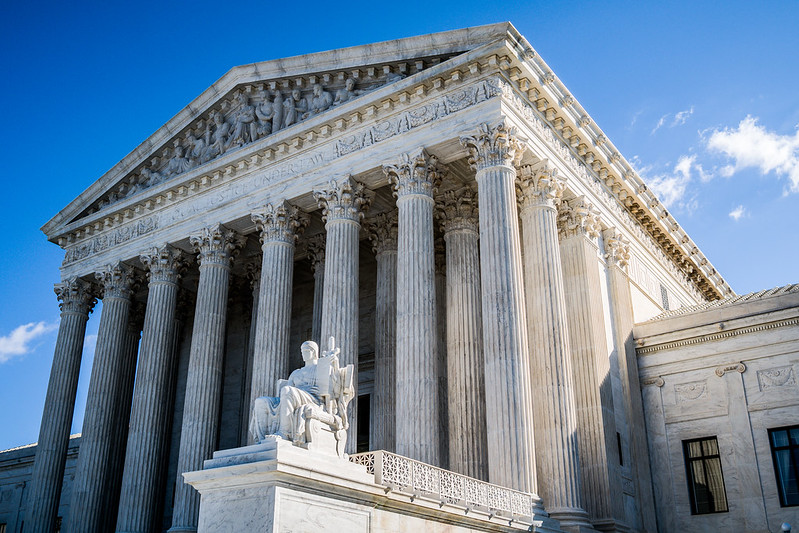 APPS
APPS
 APPS
APPS
 APPS
APPS
Google LLC and Oracle Corp. were back in court today — the U.S. Supreme Court this time — fighting a landmark case that has gone on for a decade.
Over the years there have been three trials and two appeals. This time the arguments were heard via teleconferencing tech due to the Covid-19 pandemic and social distancing restrictions. In the past, Google was victorious twice in front of a district court in California, although the decisions were overturned by the U.S. Court of Appeals for the Federal Circuit.
Oracle claims that it’s owed $9 billion because Google used its code when creating the Android operating system. Oracle’s argument is that Google used 11,500 lines of code to do that, code that was written as part of the Java application programming interface by Sun Microsystems Inc., a company that was acquired by Oracle.
Oracle has said that this means it essentially owns part of the Android system, so has sued Google for infringement of copyright. Google has responded by saying that while some of the APIs were reimplemented when building Android, they were not exactly copied and pasted.
Several computer scientists and representatives from tech companies today stated that if Oracle wins the case, the ramifications will be profound.
Among the eight Supreme Court justices present, the matter of just what is copyrightable was the main subject. Since the APIs that Google used were more like a foundation and not an end result, Chief Justice John Roberts asked if a restaurant could be sued for formatting a menu similar to another restaurant.
It was argued that the Google code used could be compared to the QWERTY keyboard, while Oracle responded that the code was more similar to the structure of a novel – not the actual content, but the arrangement of chapters and topics. Others present asked Google why it hadn’t spent the millions of dollars to create something from scratch. Oracle’s attorney, Joshua Rosenkranz, alluded that Google just didn’t want to spend the money.
Both companies have said they are pleased with the way things went, but it seems for now things are still pretty much up in the air.
Support our mission to keep content open and free by engaging with theCUBE community. Join theCUBE’s Alumni Trust Network, where technology leaders connect, share intelligence and create opportunities.
Founded by tech visionaries John Furrier and Dave Vellante, SiliconANGLE Media has built a dynamic ecosystem of industry-leading digital media brands that reach 15+ million elite tech professionals. Our new proprietary theCUBE AI Video Cloud is breaking ground in audience interaction, leveraging theCUBEai.com neural network to help technology companies make data-driven decisions and stay at the forefront of industry conversations.